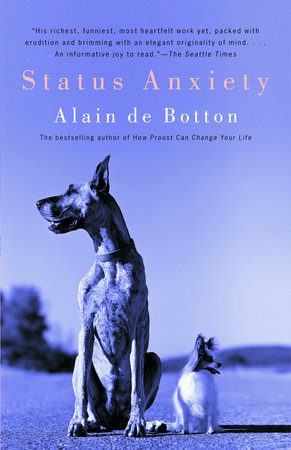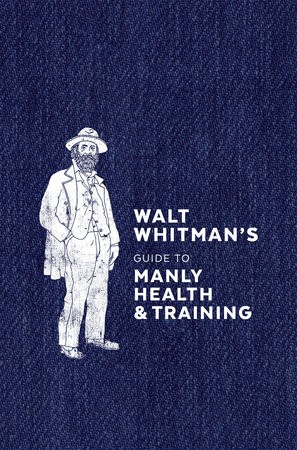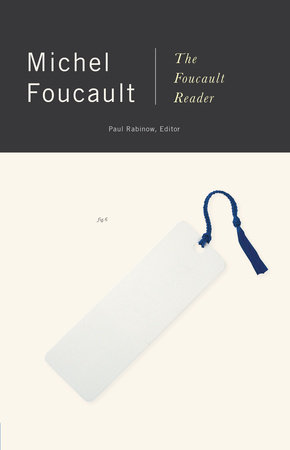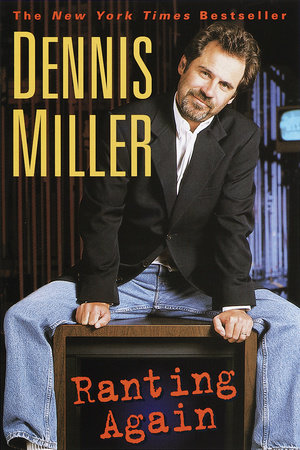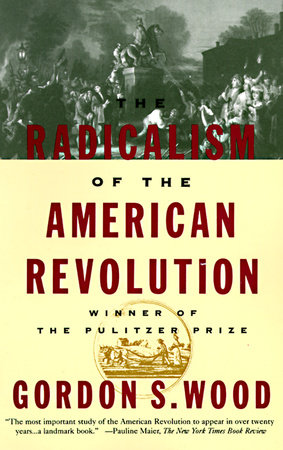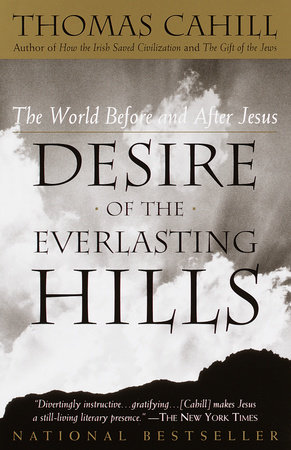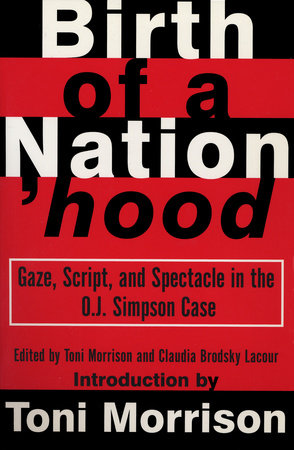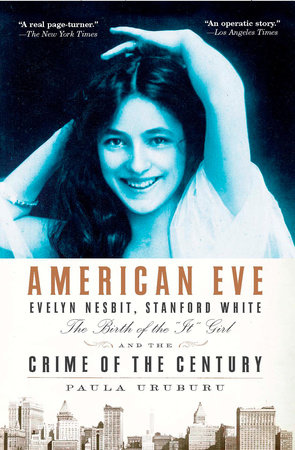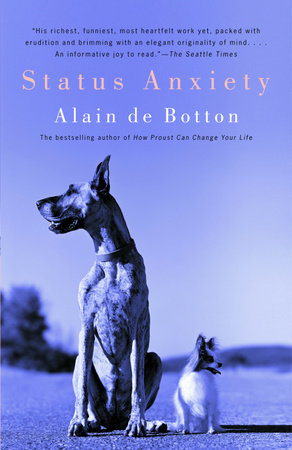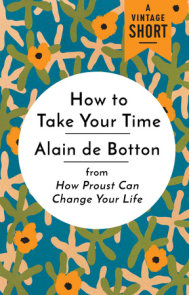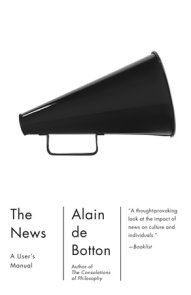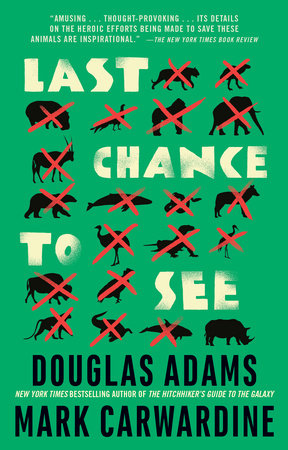Author Q&A
A Conversation with Alain de Botton What is status anxiety?Status anxiety is a worry about our standing in the world, whether we’re going up or down, whether we’re winners or losers. We care about our status for a simple reason: because most people tend to be nice to us according to the amount of status we have – if they hear we’ve been promoted, there’ll be a little more energy in their smile, if we are sacked, they’ll pretend not to have seen us. Ultimately, we worry about having no status because we’re not good at remaining confident about ourselves if other people don’t seem to like or respect us very much. Our ‘ego’ or self-conception could be pictured as a leaking balloon, forever requiring external love to remain inflated and vulnerable to the smallest pinpricks of neglect: we rely on signs of respect from the world to feel acceptable to ourselves.When does status anxiety kick in – presumably basic sustenance needs have to be fulfilled first?While it would be unusual to be status anxious in a famine, history shows that as soon as societies go any way beyond basic subsistence, status anxieties quickly kick in. In the modern world, status anxiety starts when we compare our achievements with those of other people we consider to be our equals. We might worry about our status when we come across an enthusiastic newspaper profile of an acquaintance (it can destroy the morning), when a close friend reveals a piece of what they naively – or plain sadistically – call ‘good’ news (they have been promoted, they are getting married, they have reached the bestseller list) or when we are asked what we ‘do’ at a party by someone with a firm handshake who has recently floated their own start-up company. Is status anxiety at its height in the early 21st century – and why is that?Status anxiety is certainly worse than ever, because the possibilities for achievement (sexual, financial, professional) seem to be greater than ever. There are so many more things we expect if we’re not to judge ourselves ‘losers.’ We are constantly surrounded by stories of people who have made it. For most of history, an opposite assumption held sway: low expectations were viewed as both normal and wise. Only a very few ever aspired to wealth and fulfilment. The majority knew well enough that they were condemned to exploitation and resignation. Of course, it remains highly unlikely that we will today ever reach the pinnacle of society. It is perhaps as unlikely that we could rival the success of Bill Gates as that we could in the seventeenth century have become as powerful as Louis XIV. Unfortunately though, it no longer feels unlikely – depending on the magazines one reads, it can in fact seem absurd that one hasn’t already managed to have it all.Could David Beckham, for example, suffer from status anxiety?Of course he does – because he compares himself to his own peer group. We all do this, and that’s why we end up feeling we lack things even though we’re so much better off than people ever were in the past. It’s not that we’re especially ungrateful, it’s just we don’t judge ourselves in relation to people far away. We cannot be cheered for long by how prosperous we are in historical or geographical terms. We will only take ourselves to be fortunate when we have as much as, or more than, the people we grow up with, work alongside, have as friends and identify with in the public realm. That’s why the best way to feel successful is to choose friends who are just that little bit less successful than you…What solutions are there to get us to stop worrying so much about status?Think about death. It’s the best way to stop worrying so much about what others make of you. To discover whose friendship you should really care about, ask yourself who – among your acquaintances – would make it to your hospital bedside. If need be, look at a skeleton: what others think about you will soon start to lose its intimidating power.
